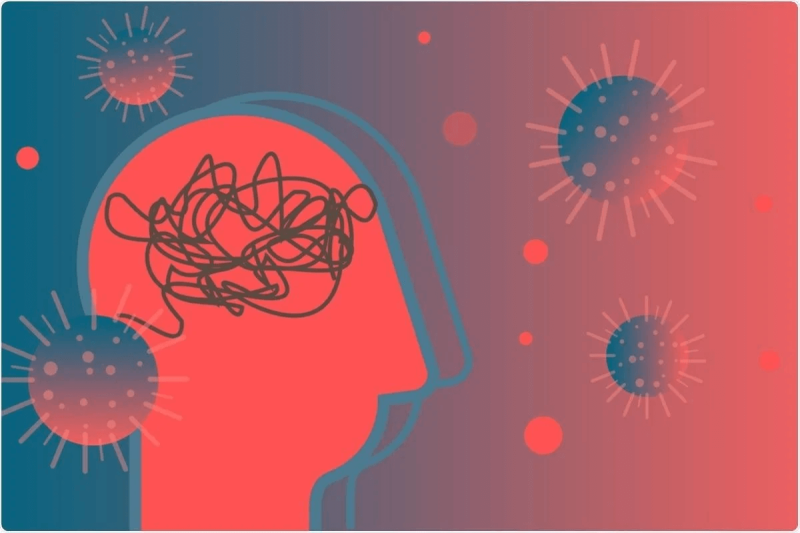Almost 2 years ago in Italy, pediatric infectious disease doctor Danilo Buonsenso, who works at Gemelli University Hospital, started to see children who, months after mild infections with SARS-CoV-2, were still short of breath and had crushing fatigue and other symptoms. He now suspects that, in some of them, the cells and tissues that control blood flow are damaged and the blood’s tendency to clot is amplified. Minute blood clots, leftover from the viral assault or fueled by its aftermath, might be gumming up the body’s circulation, to disastrous effect from the brain to joints.
Meanwhile, in the United States, microbiologist Amy Proal can’t stop thinking about a second leading Long Covid theory: that the coronavirus keeps hurting people by stubbornly enduring in the body, even after acute infection passes.
…
Down under in Australia, immunologist Chansavath Phetsouphanh of the University of New South Wales, Sydney, is chasing a third lead, motivated by what the blood of Long Covid patients has divulged: an immune system gone haywire even 8 months after they’d first tested positive.































